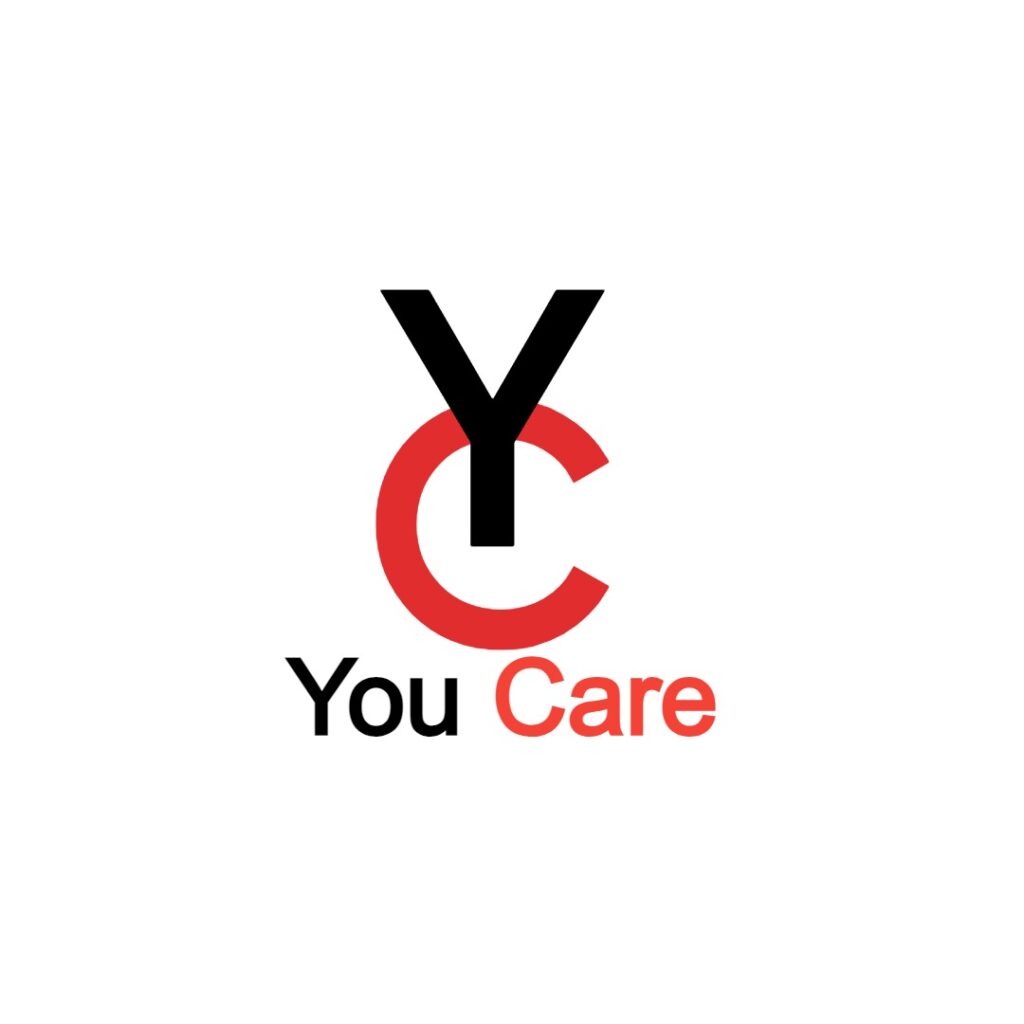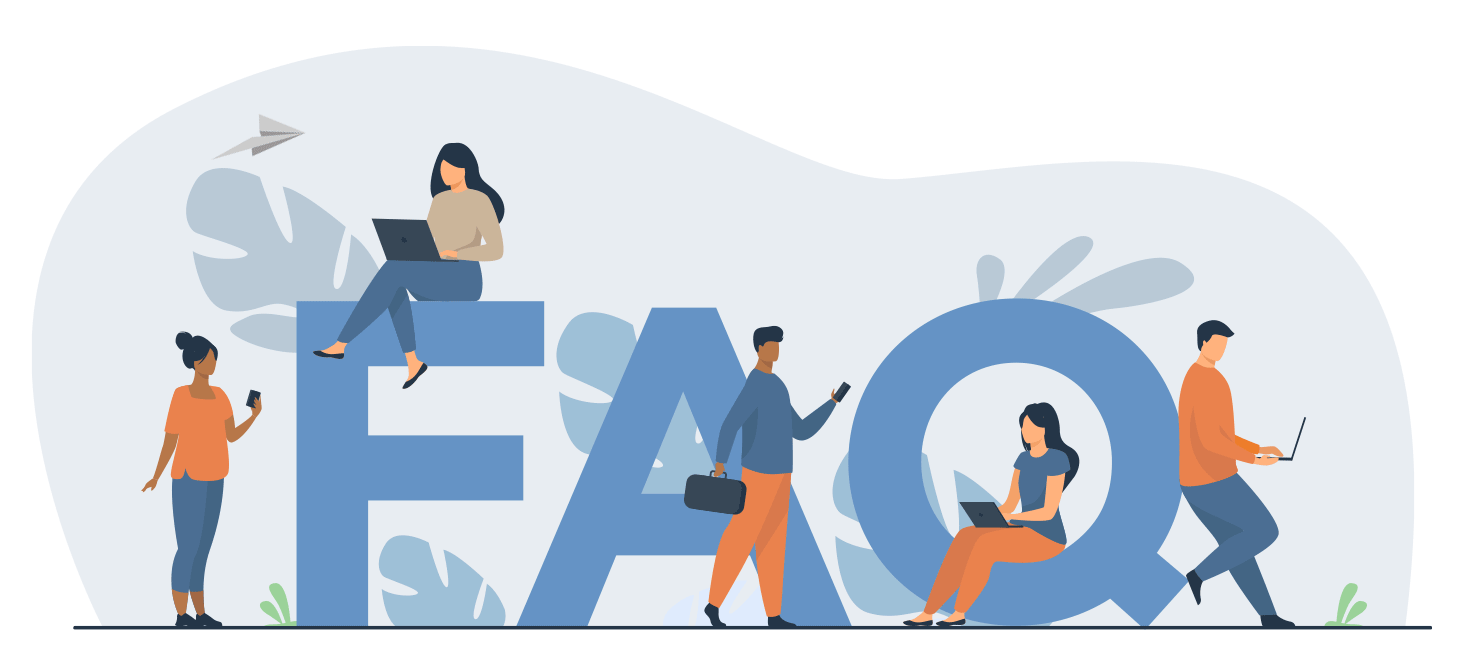📱 Is Digital Overload Fueling Your Child’s Anxiety?
In today’s connected world, children are exposed to more screens than ever before—phones, tablets, laptops, smart TVs. From schoolwork to social life, everything is digitized. But with this convenience comes an unspoken danger: Digital Overload.
The term might sound technical, but its effects are very real—and deeply emotional. More children than ever are reporting signs of stress, anxiety, sleep problems, and irritability. Is it just growing pains, or is digital overload fueling your child’s anxiety in ways you haven’t noticed?
Let’s dive into this silent struggle, and more importantly, what you as a parent can do about it.
Contents
- 1 📉 What is Digital Overload?
- 2 🧠 How Digital Overload Triggers Anxiety in Kids
- 3 🎯 The Hidden Cost of “Always Online”
- 4 🛡️ So, What Can Parents Do?
- 5 🌱 How YouCare Helps Break the Anxiety Loop
- 6 🧘♂️ Practical Steps You Can Take Right Now
- 7 💬 Parent Reflection: “I Didn’t Realize It Until It Was Too Late…”
- 8 🙋♀️ Frequently Asked Questions (FAQs)
- 9 🌈 Final Thoughts: Start Small, Stay Consistent
📉 What is Digital Overload?
Digital Overload happens when a person—especially a child—is exposed to excessive digital stimulation without meaningful breaks. This could be scrolling through endless social media feeds, switching between multiple apps, playing non-stop games, binge-watching videos, or even jumping from one learning platform to another without pause.
Unlike physical exhaustion, digital fatigue is mental and emotional. The mind doesn’t shut down, it spirals—constantly stimulated, constantly pressured.
💡 Signs of digital overload in kids:
-
Trouble sleeping 😴
-
Irritability or unexplained sadness 😕
-
Restlessness or reduced attention span ⏳
-
Feeling anxious or overwhelmed after screen time 💢
It’s not about screen time alone—it’s about the quality, quantity, and emotional load tied to what they consume.
🧠 How Digital Overload Triggers Anxiety in Kids
Let’s break it down.
1. Constant Comparison 🪞
Kids today are exposed to unrealistic beauty standards, lifestyles, and achievements. Constant exposure creates pressure to “measure up,” leading to self-doubt and low self-worth.
2. Information Flooding 🌊
Young minds struggle to filter endless information. The brain is still developing, and when it’s bombarded with messages, notifications, and content, it becomes overwhelmed.
3. Sleep Deprivation 😴
Blue light from screens disrupts melatonin production. Even if your child is in bed, their brain is still “awake.” Poor sleep = Poor emotional regulation.
4. Addictive Loop 🔁
Games, short-form content, and instant messages create a cycle of dopamine hits. The more they use it, the more they crave it. Take it away suddenly, and their brain reacts with stress—aka digital withdrawal.
5. Lack of Mindful Time 🌱
Children rarely get time to just be. To reflect, relax, or play creatively. This absence of unstructured, offline time makes their minds race even more.
Bottom line? When you ask, “Why is my child anxious?”—the answer might be glowing in their hand.
🎯 The Hidden Cost of “Always Online”
Many parents assume their child is just moody, lazy, or distracted. But often, it’s the emotional residue of digital overload.
🧩 A child addicted to screens is not just wasting time—they’re accumulating silent stress.
🧩 A child constantly multitasking online isn’t gaining skills—they’re losing peace of mind.
🧩 A child who can’t unplug isn’t just “entertained”—they’re wired, tired, and anxious.
The cost? Academic struggles, social withdrawal, and sometimes even symptoms that resemble panic attacks.
🛡️ So, What Can Parents Do?
Here’s the truth: You can’t remove screens from your child’s life. But you can manage how they use them. And that’s where digital parenting tools become your silent superpower.
A solution that offers features like:
✔️ App usage tracking
✔️ Daily screen time reports
✔️ Distraction alerts
✔️ App-blocking and content filters
✔️ Healthy breaks and time-off reminders
✔️ Device-free routines
…can go a long way in not just protecting your child’s mental health, but also restoring balance to their daily digital habits.
🌱 How YouCare Helps Break the Anxiety Loop

Without naming apps or companies, we can confidently say—YouCare is designed to recognize the link between digital behaviour and emotional health.
Through intelligent app regulation and activity monitoring, YouCare helps parents:
✨ Spot early signs of Digital Overload through detailed usage logs
✨ Set personalized screen time schedules and sleep-friendly time-outs
✨ Reduce exposure to emotionally triggering apps and content
✨ Gently guide kids toward more mindful tech use
✨ Create balance without becoming the “bad guy”
It’s like having a calm co-parent that watches the digital patterns while you focus on real bonding moments.
🧘♂️ Practical Steps You Can Take Right Now
Here are 5 things you can start today to reduce your child’s anxiety from digital overload:
-
📵 Create tech-free zones – especially during meals and bedtime
-
⏰ Set consistent screen time limits
-
🧠 Encourage creative play & outdoor time
-
✋ Be a digital role model – your habits influence theirs
-
📊 Use smart tools like YouCare to monitor and guide usage
An anxious child isn’t “bad” at coping—they’re simply overstimulated and under-supported. And that’s something you can fix, lovingly.
💬 Parent Reflection: “I Didn’t Realize It Until It Was Too Late…”
“My son was always tired, zoned out, and snapping over little things. I blamed teenage hormones. But once I started monitoring his device habits, I saw he was on his phone till 2 AM—switching between 6 different apps. I had no clue. Now we follow daily screen limits, and the change in his mood is amazing.” – By the pen of a Beta Tester.
👉 Let that be your reminder: it’s never too late to help your child reset.
🙋♀️ Frequently Asked Questions (FAQs)

❓ Is digital overload the same as screen addiction?
Not exactly. Digital overload refers to mental and emotional strain due to excess screen exposure. Addiction is a dependency. One can lead to the other.
❓ Can anxiety caused by screen time go away?
Yes—with balance and the right support, kids can recover and thrive. You just need to catch it early and take proactive steps.
❓ Should I take away screens completely?
Not realistic. Instead, teach healthy use. Tools like YouCare help parents manage screen time without cutting kids off from digital learning and connection.
❓ How do I talk to my child about digital overload?
Gently. Use examples, ask how they feel after screen time, and involve them in setting limits. Avoid blame. Focus on health and happiness.
🌈 Final Thoughts: Start Small, Stay Consistent
It’s easy to feel helpless when your child shows signs of anxiety. But remember—the cause may be hiding in plain sight. Screens are a part of life, but they shouldn’t define your child’s life.
By understanding digital overload and using mindful tools like YouCare, you’re not just setting rules—you’re protecting joy, calm, and connection.
Because in the end, the goal isn’t zero screen time.
It’s balanced screen time. 💚✨
